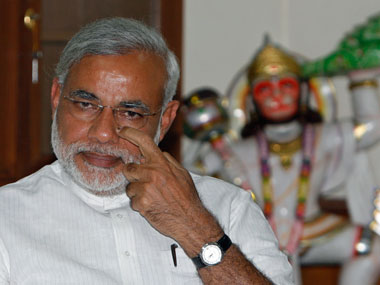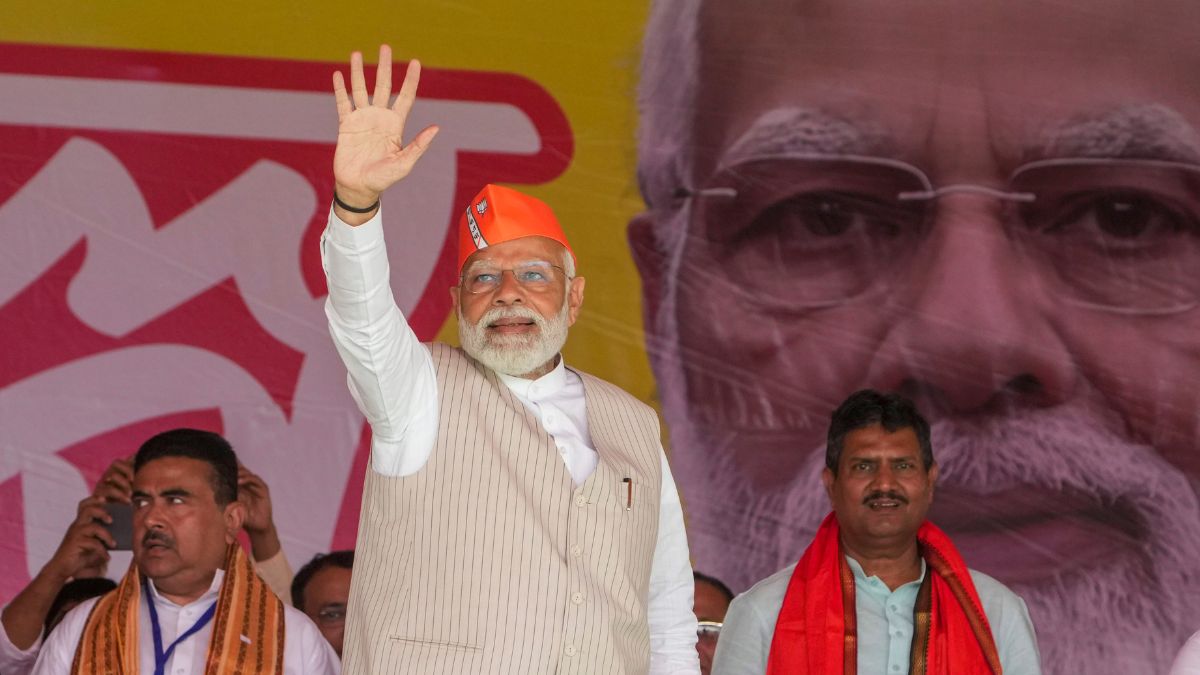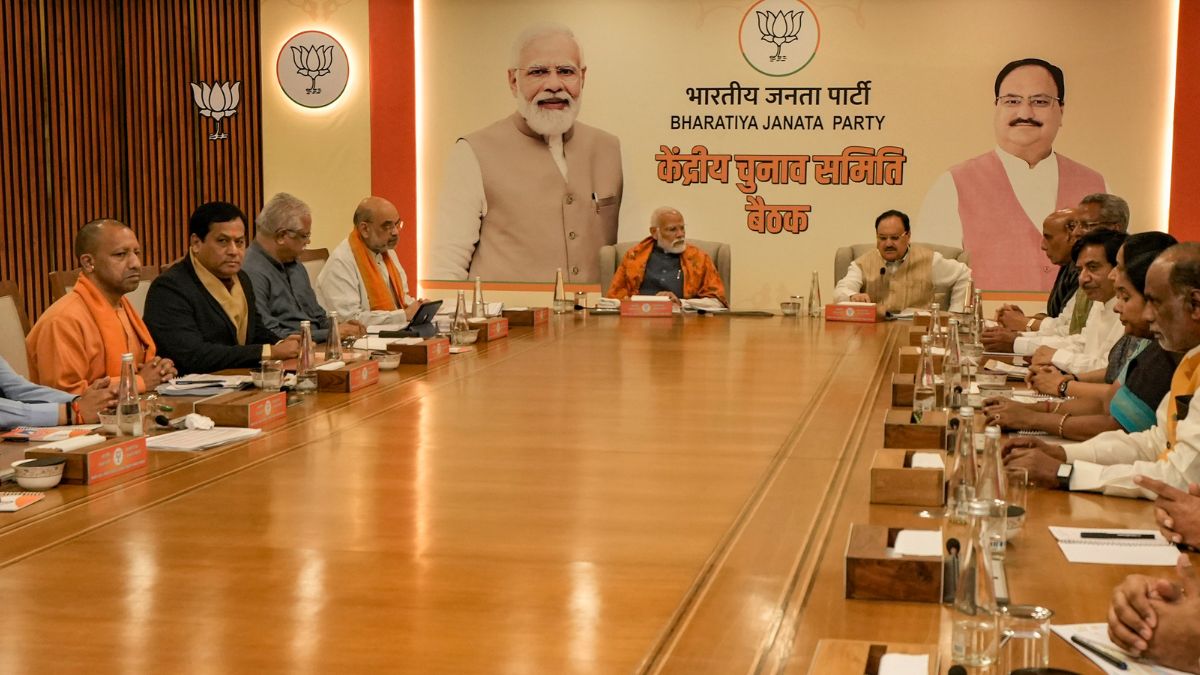Gujarat Chief Minister Narendra Modi faced international ire in 2002 immediately after the Godhra riots. He was denied a visa to visit the US, and later in 2005 he was also denied a visa to visit the United Kingdom.
However, recent developments show that the international community may be warming up to him. On Monday, British High Commissioner to India James Bevan met Modi in an official capacity, departing from a decade old diplomatic stance against the Gujarat Chief Minister. This could well be the start of the normalisation of ties between the Indian state and Britain.
Earlier this month, Britain’s Minister of State of the Foreign Office Hugo Swire had asked Bevan to visit Gujarat and meet Modi to discuss a “wide range of issues of mutual interests".
A statement issued in this regard, said that the move would allow the UK to “discuss a wide range of issues of mutual interest and to explore opportunities for closer cooperation, in line with the British Government’s stated objective of improving bilateral relations with India.”
The visit will spark the resumption of diplomatic dialogue that had stopped post 2002. The European Union, however, continues it’s boycott of Modi. The German ambassador said on Friday that it would not change its stand especially before elections in the state, NDTV reported. The US still doesn’t grant a visa to Modi.
Modi’s official site said that the UK move was recognition of “the progress Gujarat has made in the past 11 years under the leadership of Shri Modi”. It also noted that the “Chief Minister is already extremely popular among the British-Gujarati diaspora.”
Modi has not visited Britain since 2003.
The Ministry of External Affairs has welcomed the move, while British MP Lord Bhikhu Parekh said that the move was a recognition by the UK that it couldn’t hope to trade with India while leaving Gujarat out.


)




)
)
)
)
)
)
)
)